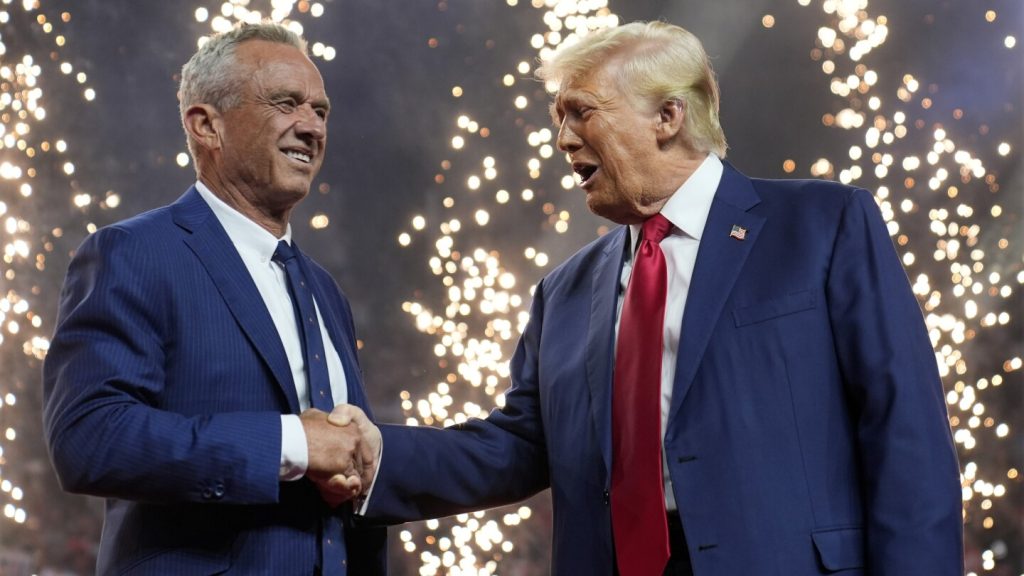In a significant legal victory, Robert F. Kennedy Jr. succeeded in getting his name removed from the ballot in North Carolina and Michigan, following his decision to suspend his campaign and endorse former President Donald Trump. The Court of Appeals in North Carolina granted Kennedy’s request to stop the mailing of ballots that included his name, just before officials were about to send out absentee ballots for the upcoming presidential election. Similarly, a court in Michigan ruled in favor of removing Kennedy from the ballot, overturning a previous decision by a lower court judge. However, in Wisconsin, a judge denied Kennedy’s request to be taken off the ballot.
The rulings in North Carolina and Michigan were praised by Kennedy’s attorney, who stated that they uphold state election laws and maintain ballot integrity by ensuring that voters do not have to choose a candidate who is no longer running in their state. These victories could potentially benefit Trump’s campaign in North Carolina, Michigan, and Wisconsin. The deadlines for ballot printing are approaching rapidly, with North Carolina requiring absentee ballots to be sent out by a certain date, making the process of reprinting ballots a challenge if changes are made.
In response to the court decisions, the State Board of Elections in North Carolina requested the state Supreme Court to reverse the Court of Appeals ruling, seeking swift action before the ballots are finalized. The legal battle in North Carolina began after Kennedy’s request to be removed from the ballot was rejected by the Democratic majority on the State Board of Elections, leading to his lawsuit. The situation has put a strain on election officials in North Carolina, who have to navigate federal deadlines while figuring out the logistics of reprinting ballots.
The legal saga surrounding Kennedy’s bid to be removed from the ballots also unfolded in Michigan and Wisconsin, where similar lawsuits were filed by Kennedy against state election officials. The Michigan ruling acknowledged the timing of Kennedy’s request but did not find it unreasonable, allowing him to be taken off the ballot. However, the Michigan Secretary of State’s office plans to appeal the decision to the state Supreme Court. The situation remains unresolved in Wisconsin, where a judge denied Kennedy’s request for a temporary restraining order.
The legal battles in these battleground states highlight the complexities and challenges faced by election officials as they navigate requests from candidates to be removed from the ballot. The rulings in North Carolina and Michigan have set precedents for how such cases are handled, while the situation in Wisconsin remains uncertain pending further legal developments. The outcome of these legal disputes could have implications for the upcoming presidential election and the efforts of candidates to secure victory in these crucial states. Despite the setbacks in Wisconsin, Kennedy’s victories in North Carolina and Michigan have bolstered his campaign’s efforts to ensure a fair and accurate election process.















